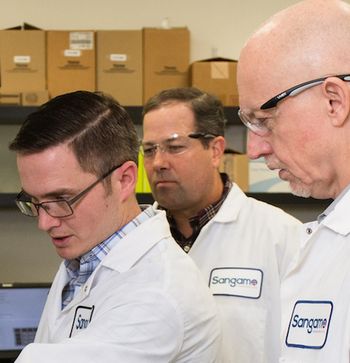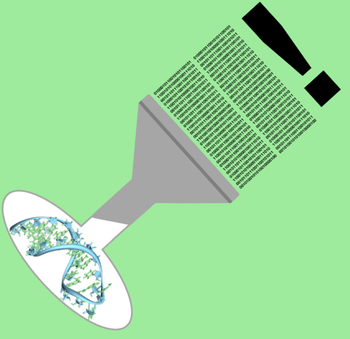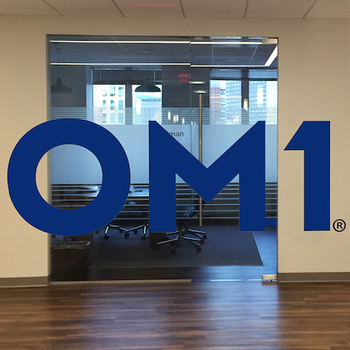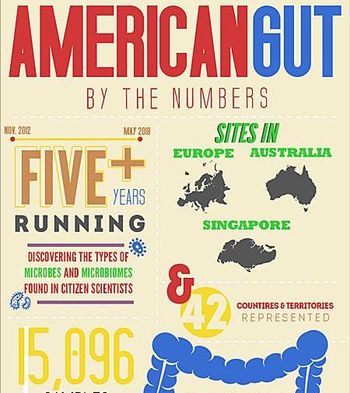
Clinical whole genome sequencing can reduce unresolved chronic genetic disease cases. But the technology has to be used properly.

Clinical whole genome sequencing can reduce unresolved chronic genetic disease cases. But the technology has to be used properly.

#HIMSS19: How Andrew Pecora, M.D. is combining the literature with social determinants of health and previous cases to inform clinical decision making at the point of care.

Machine learning and artificial intelligence could usher in the future of medicine, but are they being utilized to their full potential?

Its data-driven push toward precision medicine is working. Why?

The week’s health-tech news that you can’t miss.

The direct-to-consumer genetic testing market goes further in the green.

Kevin Campbell, M.D., will lead a webinar on data, value and precision cardiovascular medicine.

The move puts Helix in Denver’s vibrant tech market.

Invitae just published a study that it says shows the necessity of looking for dupications and deletions when testing.

Last summer, its parent company trademarked a wordmark that reads “The Future of Surgery.”

Ethics, interoperability, and the wearables revolution dominated our reading (and listening) this week.

Genetic tests are booming, but can primary care providers keep up?

92 million accounts may have been exposed in a recent cybersecurity incident. Actually, 92,283,889, to be exact.

The burgeoning gen-editing giant will test its zinc finger nuclease (ZFN) editing technology against lysosomal storage disorders in children.

"An objective, precise, compact, unambiguous, easily-interpretable description of all loops, stems, and pseudoknots."

When offered remote counseling, patients were far more likely to be tested...and to have their potentially-risky variants identified.

After genealogy data was used to make an arrest in the Golden State Killer case, NIH bioethicist Benjamin Berkman had some questions.

Why investors like the company’s high-tech approach to patient outcomes.

One of the world's most-recognized genomic scientists is retiring from the ambitious company that he founded.

The AI and genetics company has been winning competitions and grants at a steady clip this year.

What made Shivom’s secure genome sequencing so tempting to investors?

The company just published new study results about the 6-month cost savings associated with a mental health drug efficacy assay.

A new $6 million funding round led by Triventures could help the company in its efforts to democratize next-generation sequencing technology.

The American Gut Project has inspired more than 10,000 people to mail fecal samples to UC San Diego. That's a good thing.

During an interview at HLTH, CEO Robin Smith said his company had no interest in deciding who else could see a consumer's genetic info.